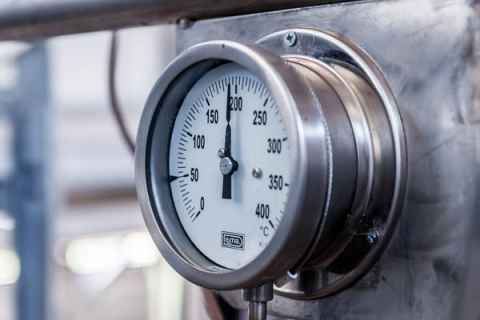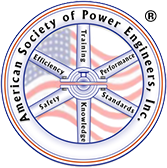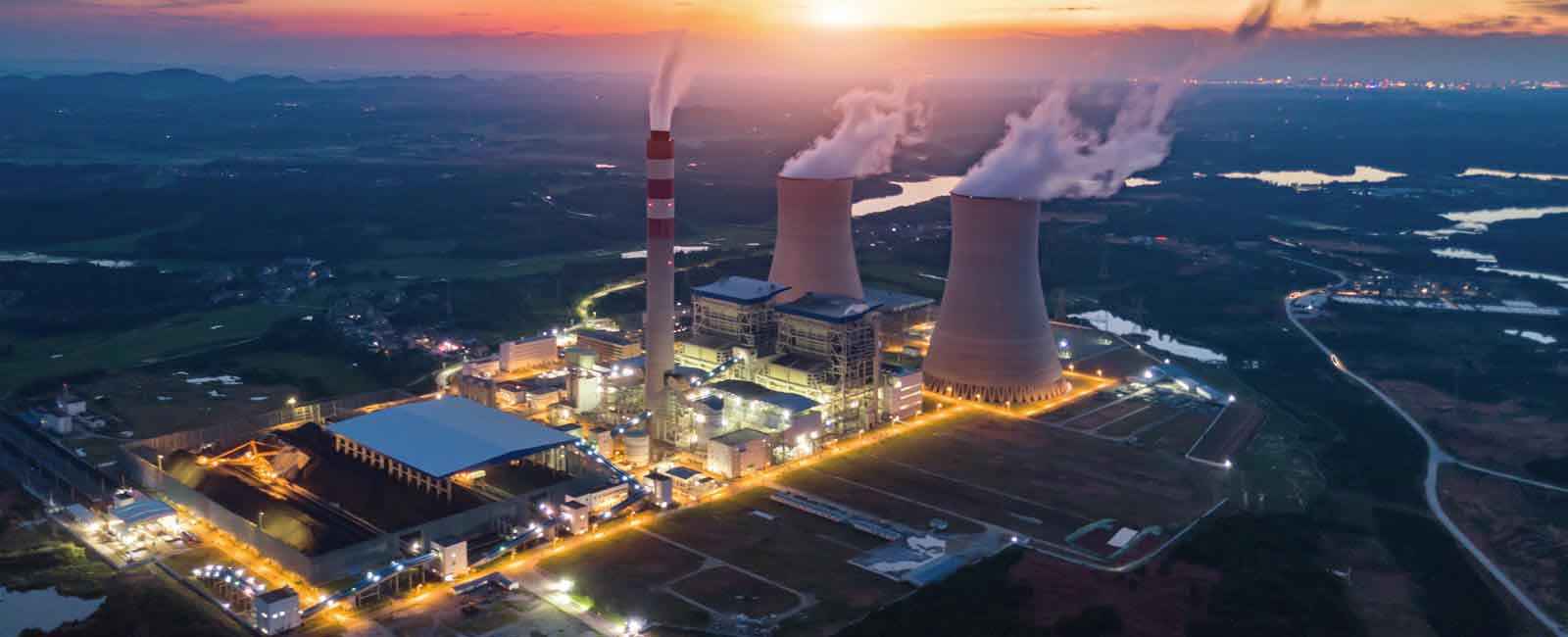Establishing National
Standards for Power Engineers.

A boiler operator, also known as a stationary engineer or boiler engineer, plays a crucial role in managing and maintaining boilers in various settings like industrial plants, commercial buildings, and residential areas. These professionals are responsible for the operation of low and high-pressure boilers, power boilers, steam boilers, and hot water heating systems.
Key Responsibilities and Skills
Essential Duties of a Boiler Operator
Safety and Maintenance
Boiler operators ensure the safe operation of boilers through regular tests, including pressure, chemical levels, and water level checks.
Troubleshooting and Repair
Identifying and fixing issues promptly, ensuring all safety and operational standards are met.
Regular Monitoring
Overseeing boiler operations, including gauge checking and system monitoring, to prevent malfunctions.
Skills Required
- Technical Proficiency: In-depth knowledge of boiler systems and mechanical components.
- Manual Dexterity and Mechanical Aptitude: Essential for conducting repairs and routine maintenance.
- Safety Awareness: Adherence to boiler safety procedures to prevent accidents and ensure a safe working environment.
Becoming a Boiler Operator: Pathways and Certification
Educational and Training Requirements
Academic Background
A high school diploma or GED, with some aspiring operators attending vocational schools or community colleges.
Licensing and Certification
Acquiring a boiler operator's license which varies by state. ASOPE® Boiler Licensing provides comprehensive programs for certification.
Physical Stamina
Essential for the demanding nature of the job.
Career Opportunities
- Power Engineering Careers: Boiler operators are integral in power engineering, ensuring efficient and safe operation of boiler systems.
- Industrial Plant Maintenance Careers: Opportunities in maintaining and overseeing boiler systems in industrial settings.
- Vocational Training for Boiler Operators: For those interested in entering this field, vocational training provides a solid foundation in technical skills and safety practices.
Boiler Operator Job Requirements and Career Advancement
Essential Qualifications for Boiler Operators
- Technical Skills in Power Engineering: A combination of hands-on skills and theoretical knowledge.
- Boiler Operator Certification: A mandatory requirement in many states for operating boilers.
- Industrial Boiler Maintenance: Expertise in maintaining various types of boilers is crucial.
Advancing in Your Career
- Continued Education and Training: Staying updated with the latest in steam boiler operation and boiler safety procedures.
- Professional Development: Opportunities for advancement through additional certifications and training.
Why Choose a Career as a Boiler Operator?
The Role's Importance and Growth
- Vital in Various Industries: Boiler operators play a key role in the functioning of industrial plants and commercial facilities.
- A Career with a Future: With the ongoing need for skilled operators, this career path offers stability and growth potential.
How ASOPE® Can Help
ASOPE® offers specialized programs in boiler operation, providing the necessary knowledge and skills for aspiring boiler operators. Learn more about our programs and how we can help you start your journey in this rewarding career.


